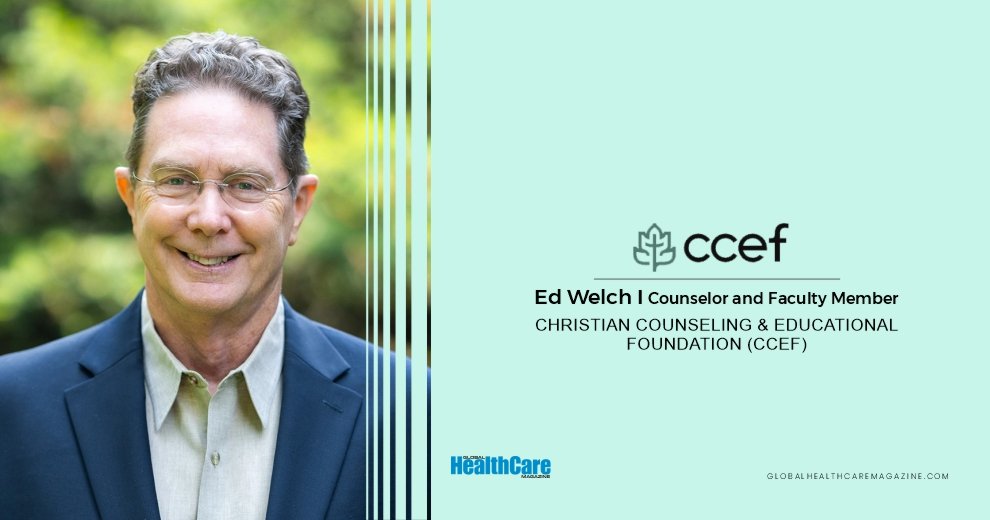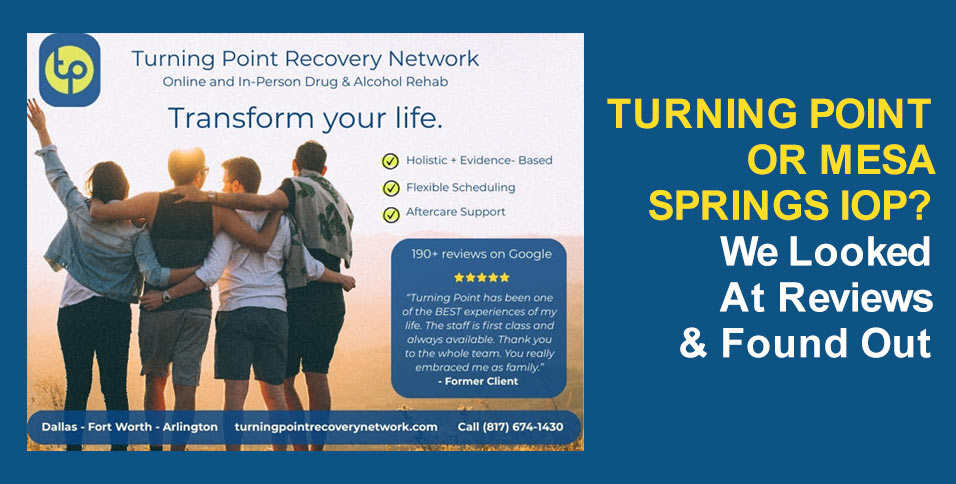There is a room we have all come to know, even if we’ve only seen it on television. It is a room of carefully neutral tones, of tissues placed just so, of a clock whose ticking seems to measure out our anxieties in fifty-minute increments. This is the room of modern therapy, a professionalized, clinical space where we bring our broken parts to an expert for repair. It is a necessary room, a good room, a room where countless lives have been saved. But for more than forty years, Dr. Ed Welch has been quietly, patiently, and profoundly pointing us toward another room.
This other room might not be a room at all. It might be a booth at a diner after a Sunday service. It might be a park bench, or a living room sofa, or the front seat of a car. In this room, there is no clock on the wall and no co-pay to be collected. There is only the messy, beautiful, and sometimes fumbling work of one person caring for another. This is the room where counseling, as Ed Welch sees it, truly belongs. It is the room of the local church.
For a man with a PhD in counseling neuropsychology from the University of Utah, this is a peculiar, almost revolutionary, idea. Welch is a man who understands the intricate pathways of the brain, a licensed psychologist who could have built a lucrative private practice in any city he chose. Instead, since 1981, he has been a faculty member and counselor at a small institution outside Philadelphia called the Christian Counseling & Educational Foundation (CCEF). And from that steady, unassuming post, he has been orchestrating a quiet counter-reformation, one aimed at a simple, radical goal: to restore the care of the human soul to its original home.
A Different Kind of Language
To spend time in the world of Ed Welch and CCEF is to learn a different language. The modern vocabulary of mental health—diagnoses, treatment plans, therapeutic modalities—is not absent, but it is subordinate to an older, warmer lexicon. Here, they speak of “soul care,” of “one-another ministry,” of “walking alongside” the struggling. The work is not about fixing a problem so much as it is about meeting a person. It is, at its heart, pastoral.
Welch himself embodies this gentle-but-firm redirection. He is not a firebrand. His writing, which has sold hundreds of thousands of copies on topics from addiction to shame, is marked by a deep humility and a profound empathy. In books like When People Are Big and God Is Small or Side by Side, he performs a kind of intellectual and spiritual alchemy. He takes the deep, often terrifying, knots of human experience—fear, addiction, worry, shame—and patiently untangles them, not with a five-step plan, but by consistently reorienting the reader toward a different perspective.
The core of this perspective is what CCEF calls its distinctives. They are not so much a set of rules as they are a way of seeing. They believe, for instance, that Scripture is not a rulebook or a collection of inspirational quotes, but the primary lens through which all of life must be viewed. This is their most fascinating and challenging work: they are translators. Welch and his colleagues will take a concept from secular psychology—say, a “defense mechanism”—and respectfully engage with it, learn from its observations, and then carefully translate it back into the language of Scripture. They might see it, as they say, as “humanity’s tendency to run anywhere except to the Good Shepherd,” to hide and to blame. This is not a rejection of science; it is an insistence that science, like all human knowledge, finds its truest meaning when placed within a larger, sacred story.
The Decentralization of Care
The most radical part of CCEF’s mission is its destination. The goal is not to create a bigger, better CCEF, or to train an army of elite Christian professional counselors. The goal is to equip the church. The goal is to make their work eventually, in a perfect world, almost unnecessary. They are trying to give counseling away.
This is a profound departure from the professionalization of everything. We live in an age of experts. We have experts for our finances, for our fitness, for our children’s sleep schedules, and for our own mental well-being. The CCEF model suggests that while experts have their place, the primary context for human change and healing is the community of faith. The person best equipped to walk with you through a season of grief might not be a paid professional you see once a week, but a friend from your small group who has known you for a decade, who will bring you a meal without being asked, and who knows how to sit with you in silence.
What Welch and CCEF provide is the scaffolding for these conversations. Their courses—with names like Dynamics of Biblical Change and Helping Relationships—are not just for aspiring pastors or counselors. They are for anyone who wants to learn how to love their neighbor a little more wisely. They are equipping ordinary people to have extraordinary conversations. They are teaching a congregation how to be a hospital for the soul, where the currency is not money, but love, wisdom, and time.
A Man and a Mission
To understand this forty-year project, you have to understand the man who has been one of its quiet anchors. Welch’s life has been a testament to the long, slow, patient work of building. In a culture that prizes disruption and celebrity, he has chosen fidelity to a single institution and a single, audacious idea. He is a scholar who writes with the heart of a pastor, a neuropsychologist who is more interested in the human heart than the human brain.
His work insists that people are complex, embodied souls, shaped by a world of influences—our bodies, our relationships, our culture, our work. And at the center of it all, he teaches, is the active heart, the seat of our desires and loves. To know a person, you must know what their heart wants. This is the slow, patient work of listening that he models and teaches. It is not about applying a formula, but about entering another person’s story with humility and curiosity.
This vision feels both ancient and urgently new. In an era marked by an epidemic of loneliness and a crisis of meaning, the idea that our local communities could be our primary source of mental and spiritual care is a powerful one. It is a vision that requires something of all of us. It asks us not to outsource our deepest needs, but to show up for one another. It is the simple, terrifying, and grace-filled work of sitting side by side, of being a friend. It is the work Ed Welch has been pointing us toward all along, not to the professional’s office, but back to each other.
Also Read: The 10 Most Transformative Christian Mental Health Leaders of 2025













